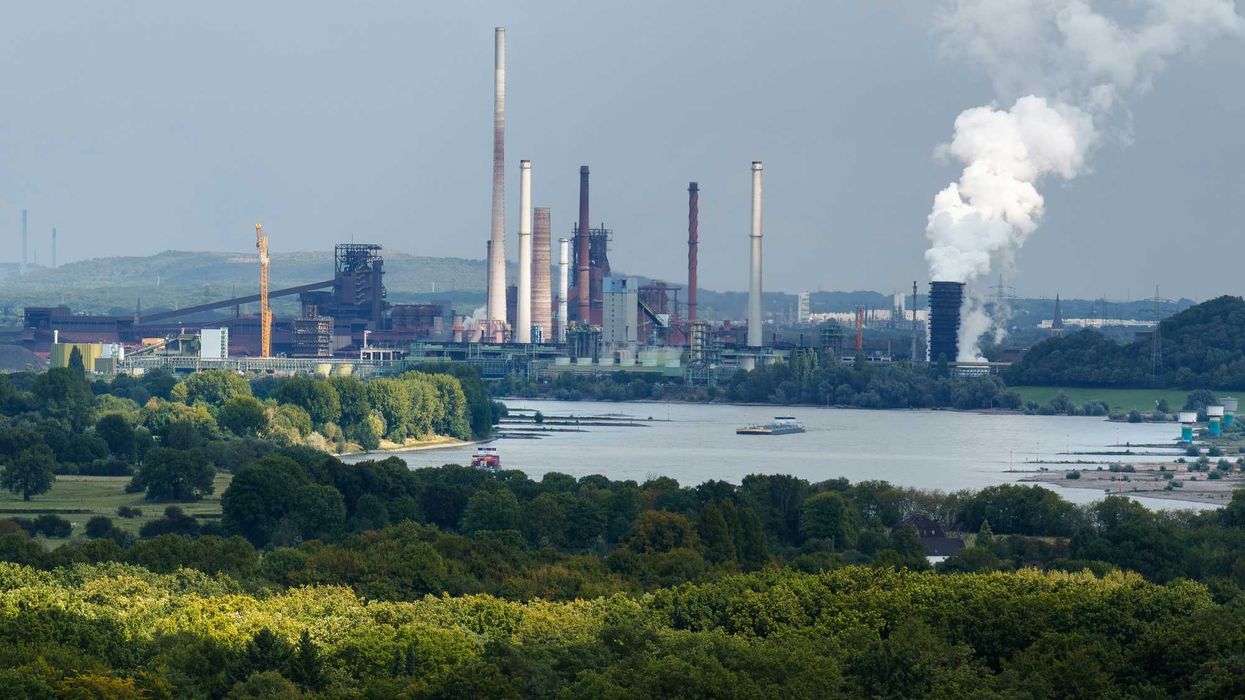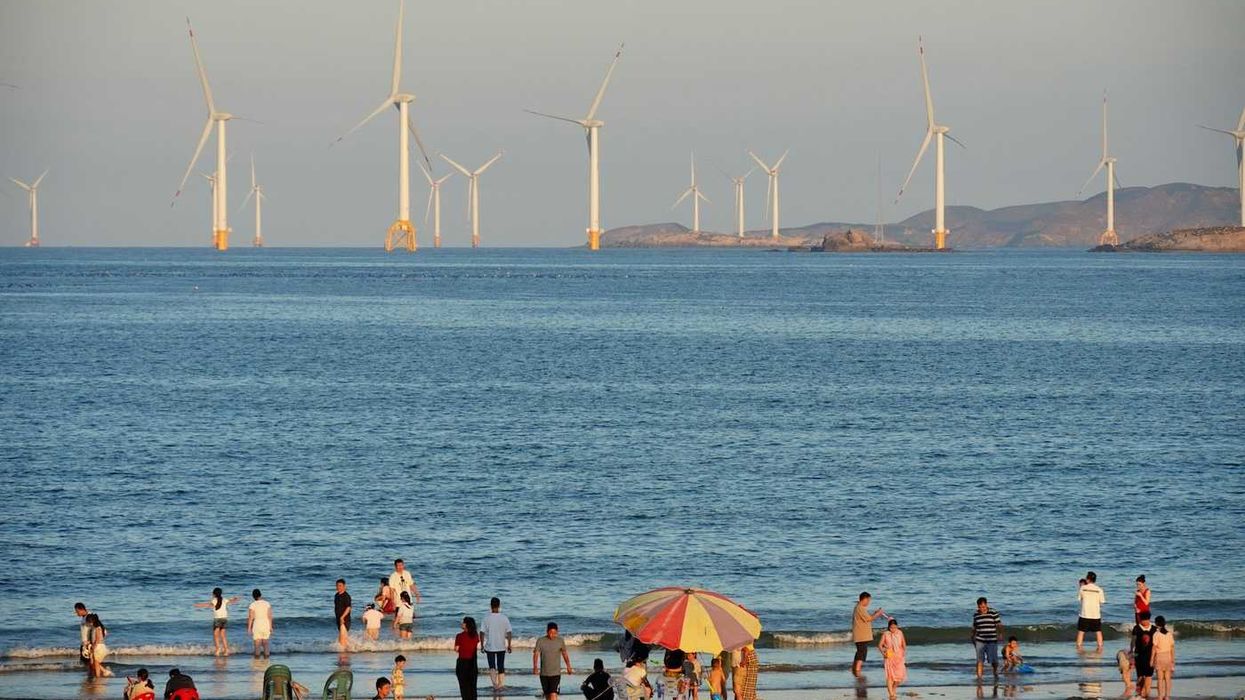Japan's nuclear watchdog has lifted the operational ban on Tokyo Electric Power's Kashiwazaki-Kariwa nuclear plant, marking a cautious move towards nuclear energy amidst historical safety issues and local apprehensions.
Mari Yamaguchi reports for the Associated Press.
In short:
- Japan's Nuclear Regulation Authority has ended the decade-long suspension of TEPCO's Kashiwazaki-Kariwa plant, the world's largest, due to previous safety violations.
- TEPCO's next step is to gain approval from local governments, reflecting the lingering community distrust post-Fukushima disaster.
- The Japanese government's strategy to rely on nuclear power for reducing fossil fuel imports faces hurdles of safety concerns and public confidence.
Key quote:
"TEPCO is a unique company; in a way it had caused the accident. It is the operator's responsibility to keep improving, and our task is to watch if improvement is adequately carried out."
— Shinsuke Yamanaka, Chair of the Nuclear Regulation Authority
Visit EHN's energy section for more top news about energy, climate, and health.














